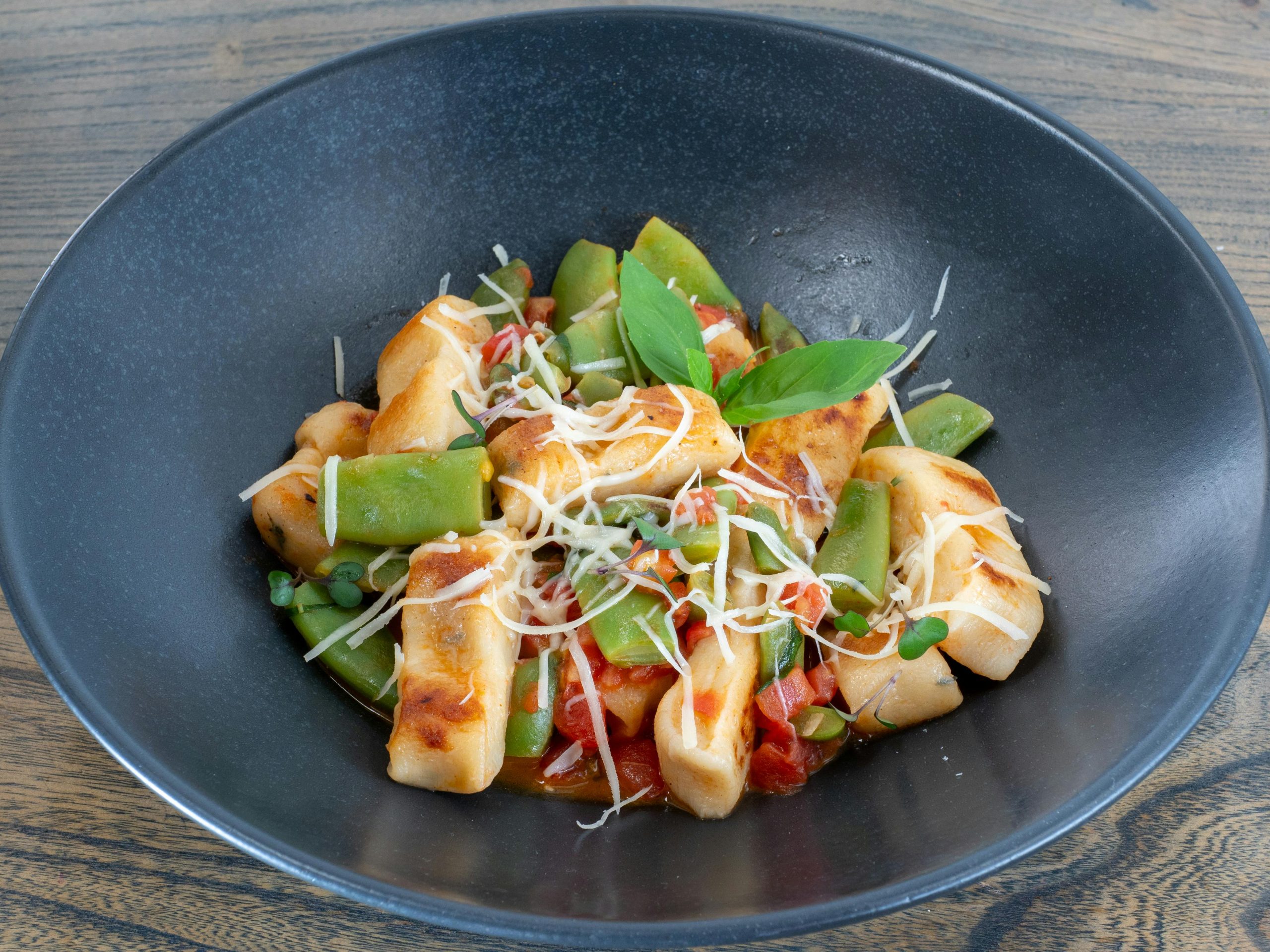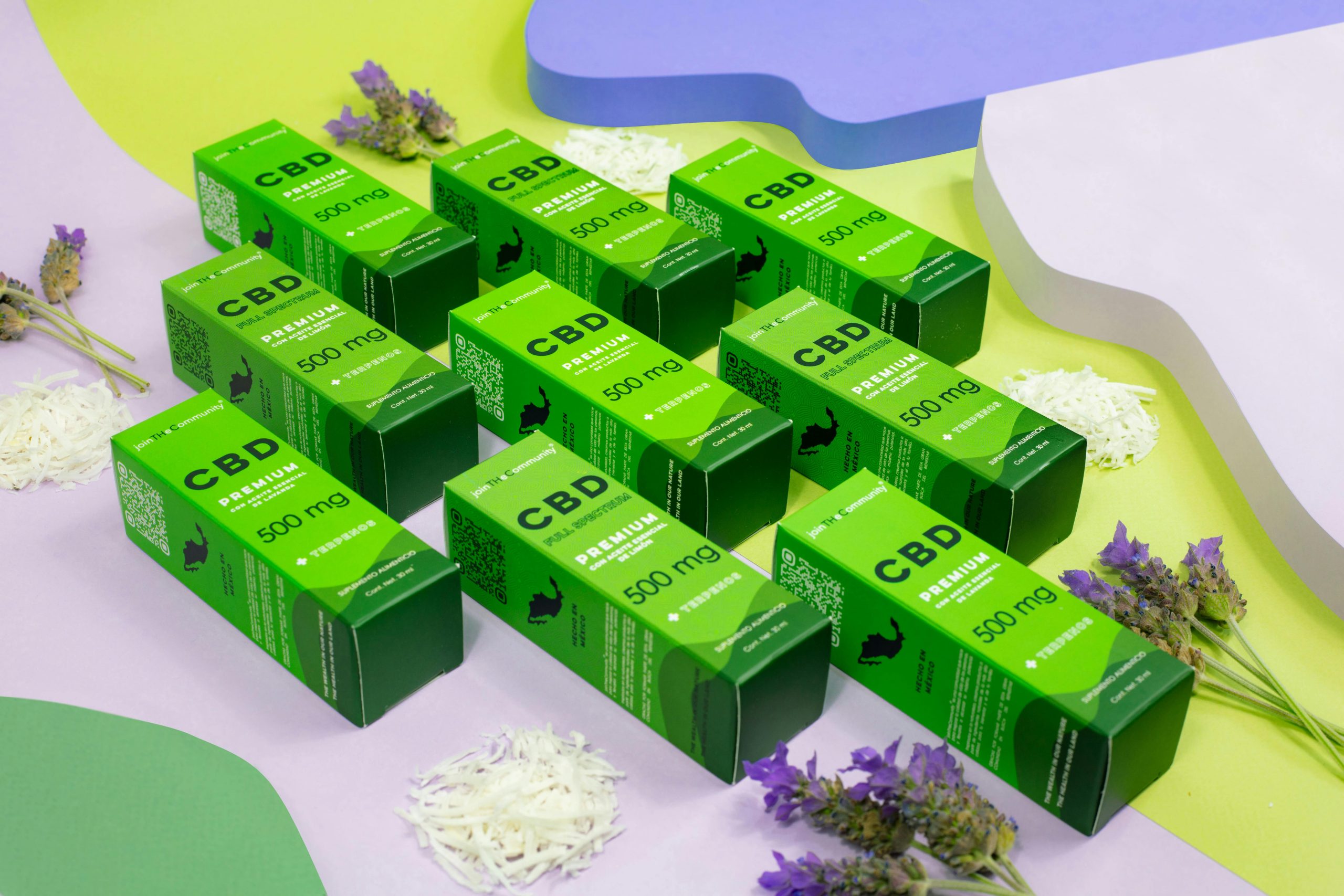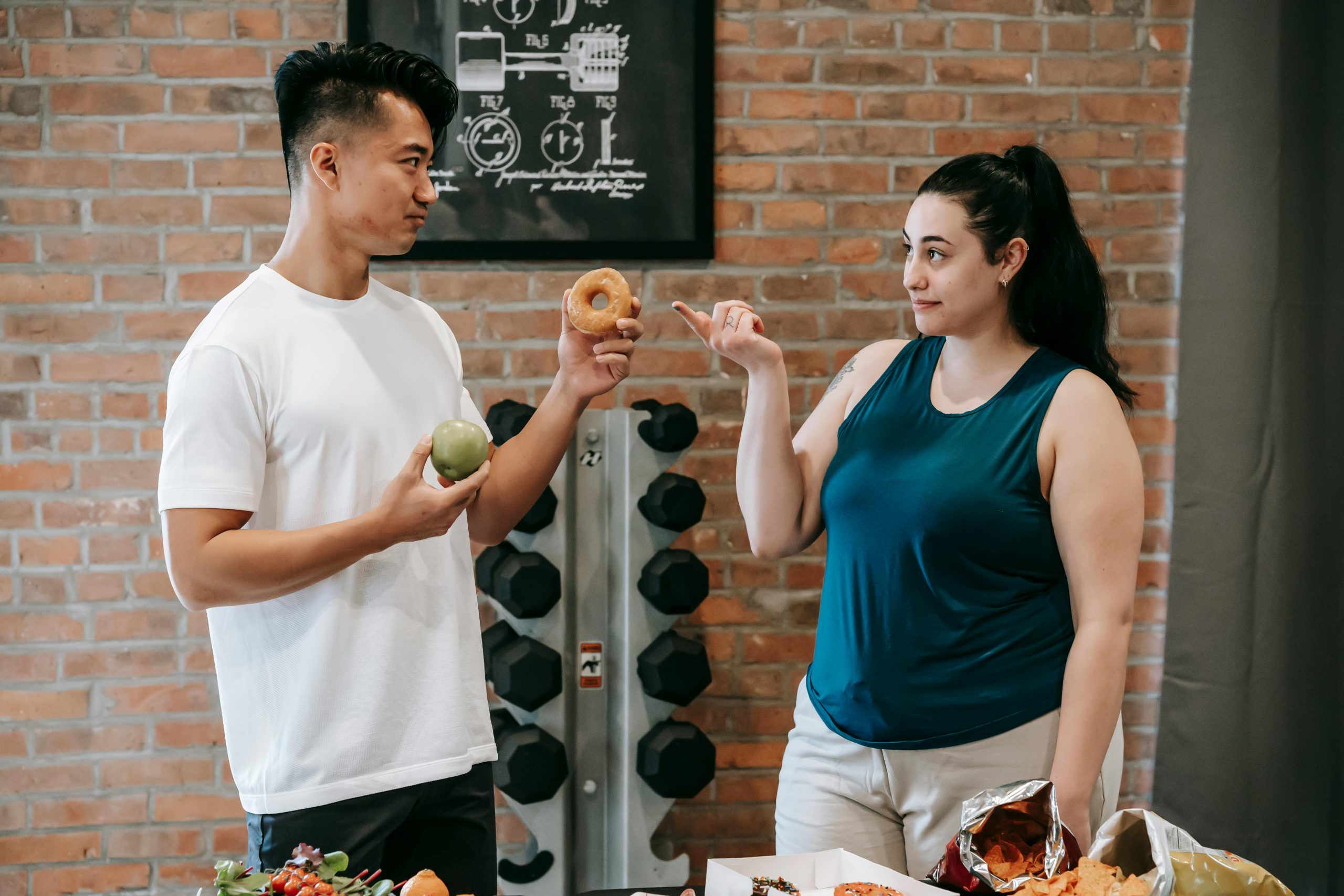Ad Blocker Detected
Our website is made possible by displaying online advertisements to our visitors. Please consider supporting us by disabling your ad blocker.
In this article, you will discover the truth about pressure cookers and their impact on your health. Have you ever wondered if using a pressure cooker is a safe and beneficial cooking method? Well, fear no more! We will explore the potential health benefits and any potential risks associated with this popular kitchen appliance. Whether you’re a seasoned chef or an aspiring cook, this article will provide you with valuable insights into the world of pressure cooking and help you make informed decisions about incorporating it into your culinary repertoire. Get ready to uncover the secrets of pressure cookers and how they can contribute to a healthy lifestyle!
Safety of Pressure Cookers
Built-in Safety Features
Pressure cookers are equipped with a variety of built-in safety features to ensure your cooking experience is safe and worry-free. These features include a locking lid, pressure release valves, and pressure indicator rods. The locking lid ensures that the pressure cooker cannot be opened while there is still pressure inside, preventing any accidents or burns. The pressure release valves allow excess pressure to vent out, preventing the pressure cooker from exploding. Additionally, the pressure indicator rods provide a visual indication of the level of pressure inside the cooker, allowing you to monitor and adjust accordingly.
Reduction in Cooking Time
One of the key benefits of using a pressure cooker is its ability to significantly reduce cooking time. The high pressure and steam create an environment that allows food to cook much faster than traditional cooking methods. For example, a tough cut of meat that would typically take hours to cook can be tenderized and ready to be enjoyed in a fraction of the time. This reduction in cooking time not only saves you time in the kitchen but also helps to retain the nutritional value of the ingredients.
Preservation of Nutrients
Contrary to popular belief, pressure cooking actually helps preserve the nutrients in your food. The shorter cooking time and minimal use of water in a pressure cooker minimize the loss of vitamins and minerals that can occur with other cooking methods. Additionally, the steam created inside the pressure cooker helps to retain the natural flavors and colors of the ingredients, resulting in a more nutritious and visually appealing meal.
Leaching of Metals
Impact of Leaching on Health
Leaching refers to the process in which chemicals, like metals, are released from the cookware or utensils into the food during cooking. While this can be a concern with some cookware materials, such as non-stick pans, pressure cookers are generally considered safe when it comes to metal leaching. The high pressure and sealed environment of a pressure cooker prevent metals from leaching into the food, ensuring the safety of your meals.
Types of Metals that can Leach
While pressure cookers are generally safe, it is important to be aware of the types of metals that can potentially leach into food when using other types of cookware. Aluminum, copper, and even stainless steel can leach small amounts of metal into acidic or highly salty foods. This can be a concern for individuals with metal allergies or those who are sensitive to certain metals. However, it’s important to note that high-quality stainless steel pressure cookers are generally considered safe and do not leach significant amounts of metals.
Preventing Metal Leaching
To minimize the risk of metal leaching when using other types of cookware, it is recommended to avoid cooking highly acidic or salty foods in these vessels. Additionally, using high-quality cookware made from materials that have been specifically designed to prevent leaching, such as stainless steel or enameled cast iron, can significantly reduce the risk. When using a pressure cooker, it is important to follow the manufacturer’s instructions and only use cookware and utensils that are compatible with pressure cooking to ensure the highest level of safety.

Cooking Methods and Nutritional Value
Effect of Cooking Methods on Nutritional Value
The cooking method you choose can have a significant impact on the nutritional value of your food. Some cooking methods, such as boiling or frying, can result in the loss of vitamins and minerals, while others, such as pressure cooking, can help to preserve and even enhance the nutritional content of your meals. Understanding how different cooking methods affect the nutritional value of your food is essential for making informed decisions about your cooking techniques.
Preserving Nutrients in Pressure Cooking
Pressure cooking is known for its ability to retain the nutrients in food due to its shorter cooking time and minimal use of water. Unlike boiling, where the nutrients can leach into the cooking water, pressure cooking helps to preserve the vitamins and minerals within the food. Additionally, the sealed environment of a pressure cooker helps to trap steam and flavor, resulting in dishes that are not only nutritious but also delicious.
Health Benefits of Pressure Cooking
Digestive Health
Pressure cooking can be beneficial for digestive health. The high pressure and steam in a pressure cooker break down the fibers in foods, making them easier to digest. This is particularly beneficial for individuals with digestive issues or those following a low-residue diet. Additionally, pressure cooking can help to soften tough cuts of meat and fibrous vegetables, making them more tender and easier to digest.
Retaining Flavor and Texture
One of the major advantages of pressure cooking is its ability to retain the flavor and texture of ingredients. The sealed environment of the pressure cooker allows the natural flavors of the ingredients to be intensified, resulting in more flavorful meals. The high pressure also helps to tenderize tough meats, making them juicy and succulent. With pressure cooking, you can enjoy flavorful and perfectly cooked meals every time.
Economical and Eco-Friendly
Pressure cooking is not only beneficial for your health but also for your wallet and the environment. The shorter cooking time of pressure cooking means less energy is required, resulting in lower utility bills. Additionally, pressure cookers are designed to be energy-efficient and can help reduce your carbon footprint. By using less water and cooking at higher temperatures, pressure cooking minimizes water usage and reduces the overall cooking time, making it an economical and eco-friendly cooking method.

Desirable Features of Pressure Cookers
Durable Construction
When investing in a pressure cooker, it is important to choose one with a durable construction. Look for pressure cookers made from high-quality materials, such as stainless steel or aluminum, to ensure longevity. Additionally, check for features such as a thick and sturdy base, strong handles, and a reliable locking mechanism to ensure the pressure cooker can withstand regular use.
Easy-to-Clean Design
The ease of cleaning is another important factor to consider when selecting a pressure cooker. Look for pressure cookers with non-stick interiors or removable parts that are dishwasher safe for hassle-free cleaning. Additionally, opt for pressure cookers with smooth surfaces and minimal crevices to prevent food from sticking and to facilitate easy cleaning.
Airtight Seals
Airtight seals are crucial for the proper functioning of a pressure cooker. Look for pressure cookers with high-quality silicone or rubber gaskets that create an airtight seal. These seals prevent steam from escaping during cooking, allowing the pressure to build and ensuring efficient and safe cooking. It is important to regularly check the seals for wear and tear and replace them if necessary to maintain the integrity of the pressure cooker.
Recipes and Cooking Techniques
Healthy Pressure Cooker Recipes
Pressure cookers are incredibly versatile and can be used to prepare a wide range of healthy and delicious meals. From soups and stews to risottos and even desserts, there are countless recipes that can be adapted for pressure cooking. Some popular and nutritious dishes include lentil curry, chicken and vegetable soup, and quinoa salad. Experimenting with different ingredients and flavors is key to discovering new and exciting pressure cooker recipes.
Tips for Healthier Cooking in Pressure Cookers
To maximize the health benefits of pressure cooking, there are a few tips to keep in mind. Firstly, opt for lean cuts of meat and load your meals with plenty of vegetables to create balanced and nutritious dishes. Secondly, limit the use of added fats and oils, as the pressure cooker’s sealed environment helps to intensify flavors without the need for excessive amounts of fat. Lastly, be mindful of the cooking time and avoid overcooking ingredients to maintain their nutritional value and texture.

Potential Risks and Precautions
Steam Burns and Scalding
One of the potential risks associated with pressure cooking is the risk of steam burns and scalding. The high pressure and steam created inside the pressure cooker can be dangerous if not handled properly. It is important to follow the manufacturer’s instructions and take necessary precautions such as wearing oven mitts or using long-handled utensils when releasing the pressure or opening the cooker. Following these precautions and handling the pressure cooker with care can help prevent any accidents or injuries.
Proper Venting and Release of Pressure
Another potential risk with pressure cooking is the improper venting and release of pressure. It is crucial to ensure that the pressure cooker is properly vented and that the pressure is released according to the instructions provided. Failure to do so can lead to an excessive buildup of pressure, which can potentially result in the pressure cooker exploding. Taking the time to familiarize yourself with the pressure cooker’s venting and pressure release mechanisms is essential to ensure safe and successful pressure cooking.
Comparing Pressure Cooking to Other Methods
Boiling and Nutrient Loss
When it comes to comparing pressure cooking to other cooking methods, boiling is one that often comes to mind. Boiling food can lead to the loss of water-soluble vitamins and minerals that leach into the cooking water. In contrast, pressure cooking helps to retain these nutrients due to the shorter cooking time and the minimal use of water. By using a pressure cooker, you can enjoy meals that are not only flavorful but also packed with the nutrients your body needs.
Microwaving and Chemical Changes
Microwaving is another commonly used cooking method, but it can cause chemical changes in food. The microwave uses radiation to heat food quickly, but this can result in the loss of nutrients and the formation of harmful compounds in certain foods. Pressure cooking, on the other hand, is a gentler cooking method that preserves the nutritional content while enhancing flavors. It is a safe and healthy alternative to microwaving, especially for dishes that require longer cooking times or more intense flavors.
Frying and Excess Fat
Frying is known for its delicious results but can often be associated with excessive fat consumption. Deep-frying, in particular, can result in food absorbing large amounts of oil, leading to high calorie and fat content. Pressure cooking eliminates the need for excessive oil or fat, as the sealed environment and high pressure infuse the food with flavor while allowing excess fat to be drained away. This makes pressure cooking a healthier alternative to frying, without compromising on taste and texture.
Special Considerations for Specific Diets
Vegetarian and Vegan Diets
Pressure cooking is a great option for individuals following vegetarian and vegan diets. The high pressure and steam help to soften and cook a variety of plant-based ingredients, such as lentils, beans, and vegetables, in a relatively short amount of time. This allows for the creation of flavorful and nutritious dishes, like vegetable stews, curry lentils, or even vegan chili. The versatility of pressure cooking makes it a valuable tool for those looking to incorporate more plant-based meals into their diet.
Gluten-Free and Allergen-Free Cooking
For individuals with dietary restrictions, such as gluten or allergen sensitivities, pressure cooking can be a game-changer. By using fresh and whole ingredients, you can create gluten-free and allergen-free meals without sacrificing taste or texture. Pressure cooking also allows for the easy customization of recipes to accommodate specific dietary needs. Whether you’re cooking a gluten-free pasta dish or a dairy-free soup, pressure cooking provides a safe and convenient method for preparing meals that cater to your dietary restrictions.
Conclusion
In conclusion, pressure cookers are a safe and efficient way to cook nutritious and flavorful meals. With their built-in safety features and ability to reduce cooking time, pressure cookers are a convenient addition to any kitchen. They help to preserve the nutrients in food, create tender and delicious dishes, and offer various health benefits. When choosing a pressure cooker, look for desirable features such as durable construction, easy-to-clean design, and airtight seals. From healthy recipes to special considerations for specific diets, pressure cooking offers endless possibilities for creating healthy and delicious meals. So, embrace the benefits of pressure cooking and enjoy nutritious, flavorful meals with ease.

